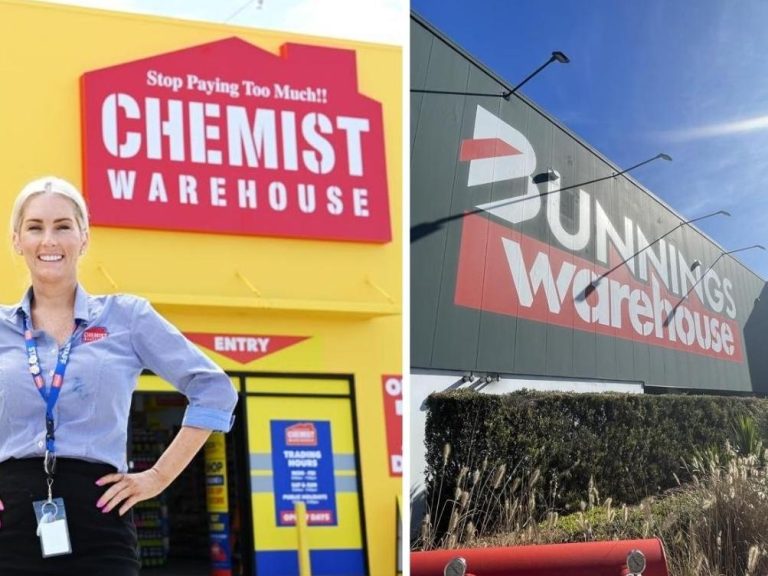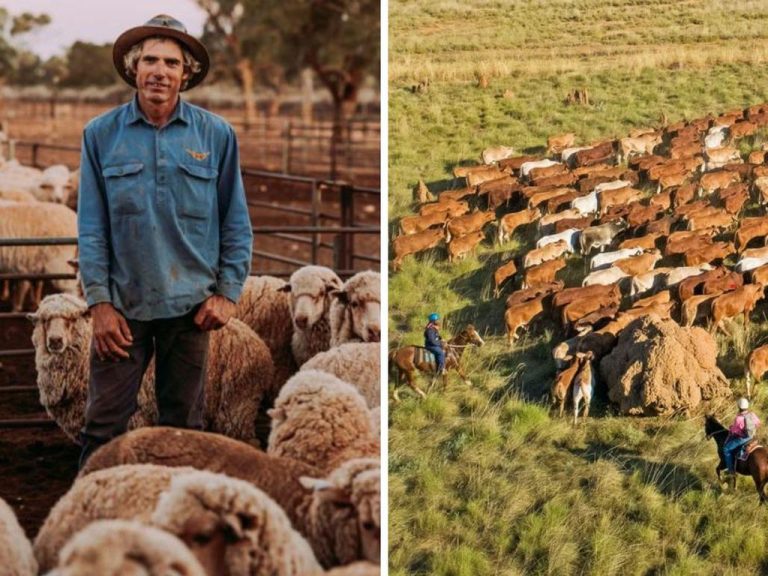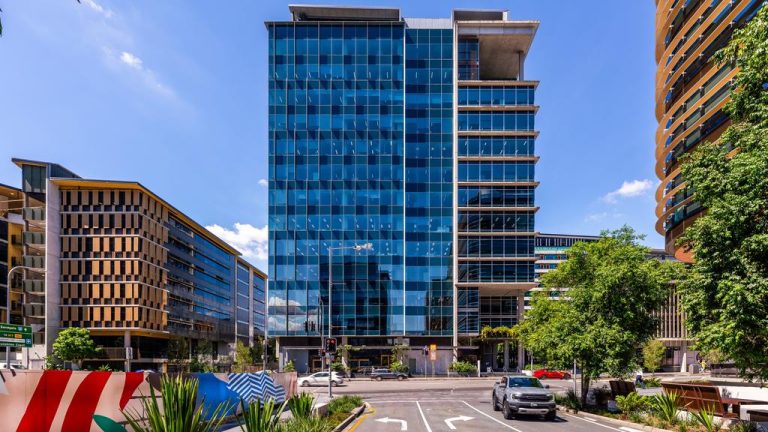KordaMentha swoops on Epping hospital in $76m funds play
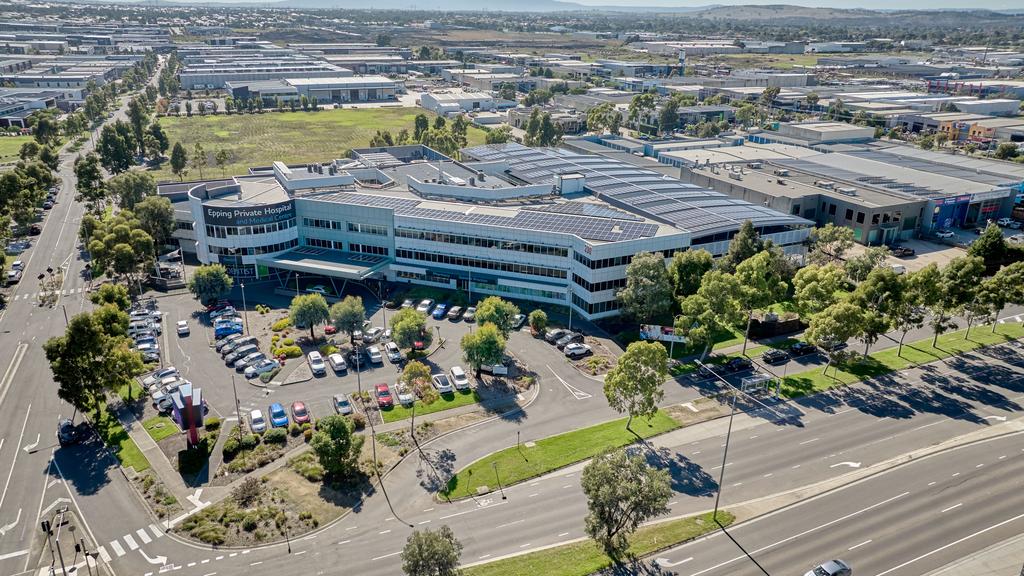
The purchase price is significantly below replacement cost.
The funds management arm of KordaMentha has swooped on a private hospital in Melbourne’s northern suburb of Epping in a $76m deal that is the country’s single largest in the sector this year.
The KM Property Funds unit is buying the Epping Private Hospital and Medical Centre at 230 Cooper St, which sits opposite the Northern Hospital, one of Melbourne’s largest public hospitals.
The move shows the strong demand for healthcare property despite the cooling in commercial real estate, as it is one the few areas where demand for space has remained strong.
The property is being sold by a syndicate led by Canadian group Northwest Healthcare Properties, which has assembled one of the largest portfolios of medical assets in Australia. The catalyst for the sale was an estate management matter for one of the syndicate investors.
The property in Melbourne’s rapidly growing northern growth corridor is fully leased with a long 8.7-year weighted average lease expiry. The tenancy profile is underpinned by Northern Health, the operator of the Northern Hospital, which now occupies 49 per cent of the building.
Knight Frank’s Sam Biggins and Trent Preece handled the sale.
Mr Biggins said there was “significant interest” from recognised healthcare investors, as well as a number of groups looking to gain their first exposure to Australian healthcare real estate. He noted the population in the growth corridor was forecast to increase by 65 per cent by 2041, putting a strain on existing medical facilities.
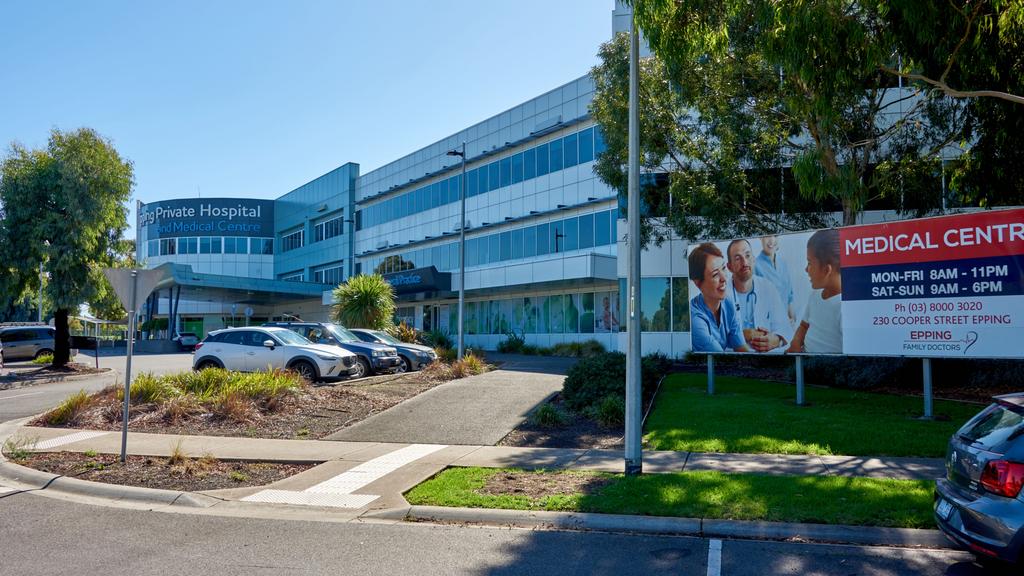
The fund manager expects the property will benefit from increased medical patronage.
Mr Preece said institutional and private capital was shifting from traditional asset classes into alternatives such as healthcare and living sectors. He said a number of new entrants to the area competed with known healthcare investors for the property.
“We expect the flow of capital into Australian healthcare real estate to grow as investors increase allocations to alternate asset classes,” he said.
The property was acquired for a new unlisted fund with the valuation of $76m reflecting an initial yield of 7.08 per cent – showing that even healthcare properties have been affected by interest rate hikes.
Both public and private health care services are available and the major tenants include Genesis, I-Med, Melbourne Pathology, and Family Doctors.
The fund manager expects the property will benefit from increased medical patronage. The purchase price is significantly below replacement cost and the property has a high underlying land value.
KM Property Funds is projecting an internal rate of return of 10.4 to 13.5 per cent for investors, with a forecast distribution yield for this year of 6.3 per cent, rising to 6.4 per cent next year. The property has a publicly operated women’s health and fertility clinic, allied health, specialist medical services and general practice. It was built in 2009, with a $12m investment in the hospital fit-out in 2018.

